Dubai policy body recommends establishing PPP unit
17 January, 2018 | By JENNIFER AGUINALDO
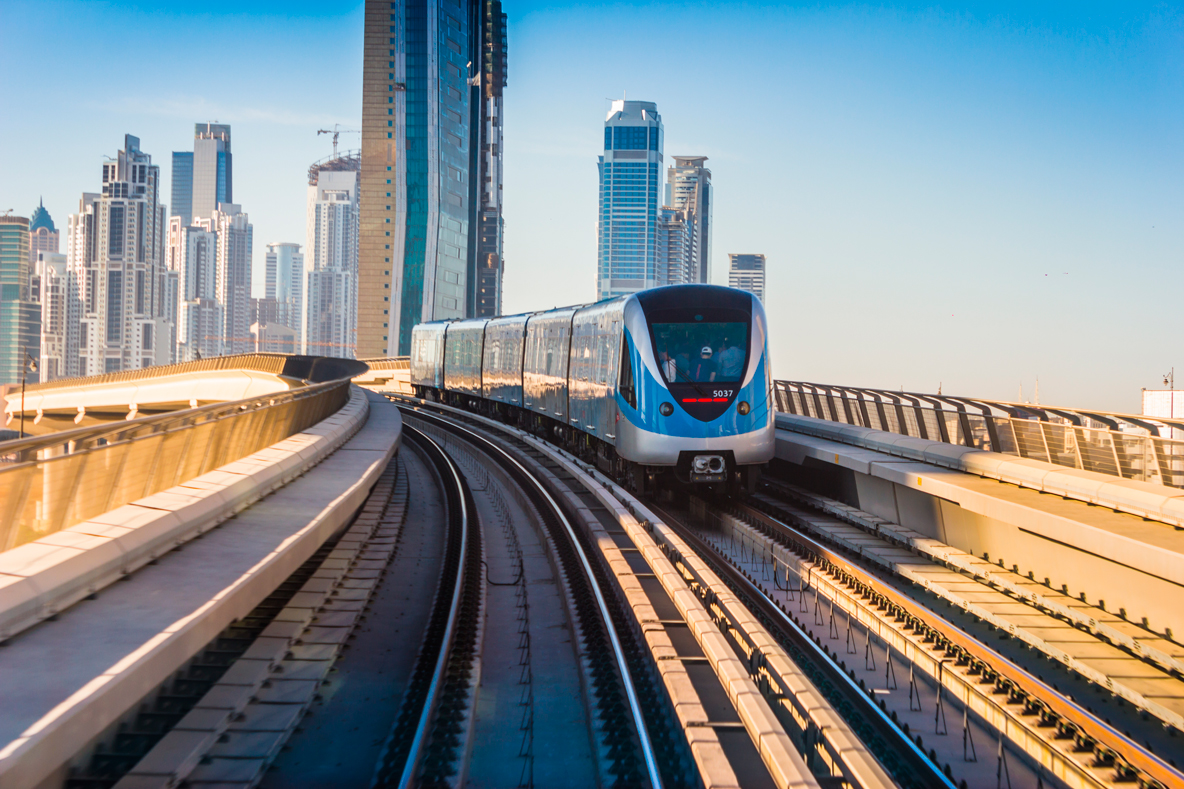
A policy paper published by the Mohammed bin Rashid School of Government (MBRSG) has recommended the establishment of a public-private partnership (PPP) unit within the government.
“I think its introduction would be a useful means of coordinating activity across government and with interested firms looking to involve themselves in PPPs,” says Guy Jonathan Burton, associate professor at MBRSG and author of the paper.
Most countries that have successfully implemented PPP projects, including the UK, some states in Australia and South Africa, have existing PPP units. In the Middle East and North Africa region, Egypt and Saudi Arabia have also established PPP units within their finance and economic planning ministries, respectively.
According to Burton, the UAE would benefit from establishing a PPP unit at the beginning of the process rather than later, which was often the case in other countries.
Citing an OECD finding, the policy paper cited that most countries established a PPP unit at a later stage “when they realise the need for one, to provide clarity, coordination, guidance, technical expertise and assessment of PPP projects”.
However, the UAE has to address several key issues before establishing its own PPP unit, including defining its functions and responsibilities, recruitment of qualified staff and its jurisdiction – whether its coverage will include only Dubai or the entire federal government.
Dubai’s finance department approved the emirate’s PPP law in 2015. It also issued guidance for the law the following year.
The guidance set out regulations for four types of PPP contracting. These include build, operate, own and transfer (BOOT); build, operate and transfer (BOT); build, transfer, operate (BTO); and transfer and operate (TO).
It also specified the government agencies to be involved with contracting PPP projects, including: the relevant government entity for PPP projects worth under AED200m ($55m); the finance department for projects worth AED200m-AED500m; and the supreme fiscal committee for projects with budgets exceeding AED500m.
Negotiations for a number of PPP projects outside the power and water sector are already under way in Dubai. They include the development of two new buildings and an automated car park at Dubai Courts as well as the Dubai Union Oasis, a mixed-use real estate project to be developed on the land above the underground station where the Dubai Metro Red and Green lines meet.
Related Posts

Understand the Covid-19 outbreak, its impact on the global and regional economy, and initial implications for specific sectors
Click here to download the full document
READ MORE
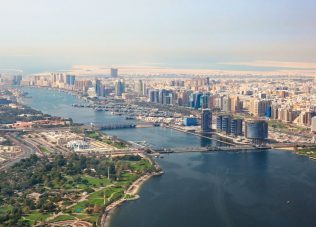
Crossing is part of Shindagha corridor scheme
Dubai’s Roads & Transport Authority (RTA) has invited construction companies to express interest in the deal to build a bridge across the Dubai Creek.
The ...
READ MORE
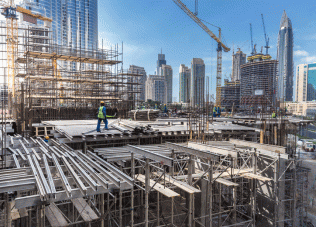
The pandemic will accelerate job losses in the UAE and beyond
The Covid-19 pandemic will catalyse the shifting labour dynamics in the UAE, where reduced real estate demand and low market ...
READ MORE
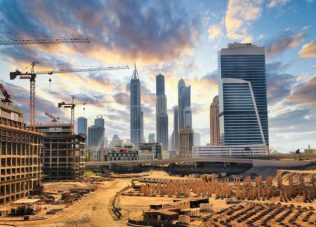
Government departments reportedly asked to value-engineer ongoing schemes and hold off on new projects
Dubai’s Department of Finance ordered a 50 per cent cut in capital spending and asked to delay ...
READ MORE
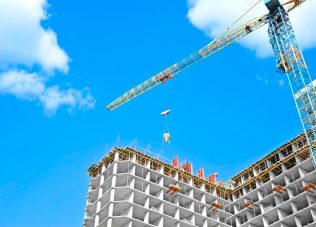
There are more than $155bn of residential and mixed-use schemes still on hold
The decision by Bahrain’s Judicial Committee for the Settlement of Stalled Real Estate Projects plans to auction the ...
READ MORE
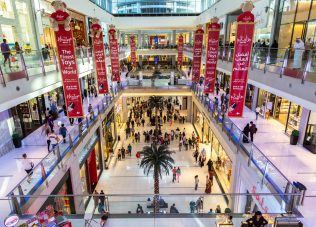
Mall owners will not only be threatened by e-commerce, they also risk losing business to other malls
Dubai has never been a place for shirking a challenge and its decision to ...
READ MORE
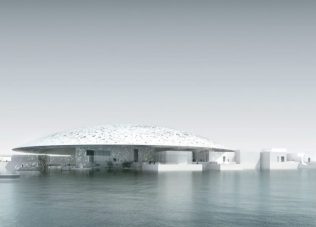
The UAE is seeing muted growth in 2017, estimated at less than 1.5 per cent, as low oil prices and production cuts weigh on the economy.
The non-hydrocarbons sector is faring ...
READ MORE
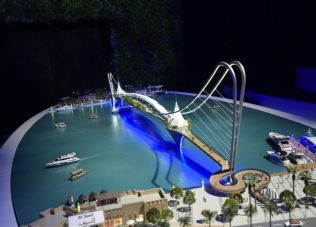
The transit system will connect Dubai International Financial Centre, Downtown Dubai, Business Bay and City Walk
Dubai’s Roads & Transport Authority (RTA) has received approval for a series of projects, including ...
READ MORE
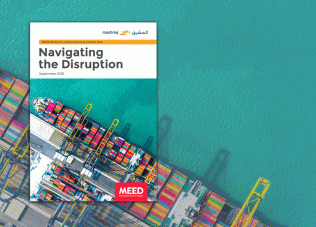
The UAE logistics sector is poised to lead the country’s stance on economic diversification
As the UAE seeks to cement its position as a global investment hub, logistics and transportation emerge ...
READ MORE
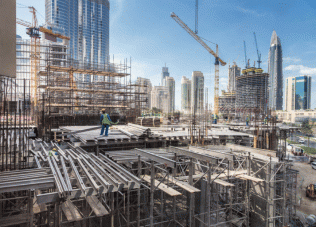
Key indicators point to a potential crash looming in Dubai’s projects sector, with significant consequences for the regional market
Architects are not prone to fretting, so when one recently described his ...
READ MORE
Coronavirus executive briefing (24 June)
Dubai seeks contractors for new creek bridge
Project disruption threatens construction jobs
Dubai said to halt new project spending
Stalled real estate projects are still an issue
The fight ahead for Dubai’s retail sector
A disappointing year for growth in the UAE
Dubai ruler approves series of transport and public
Opportunities for UAE logistics
Signs of trouble ahead for Dubai’s construction market
17 January, 2018 | .By JENNIFER AGUINALDO














